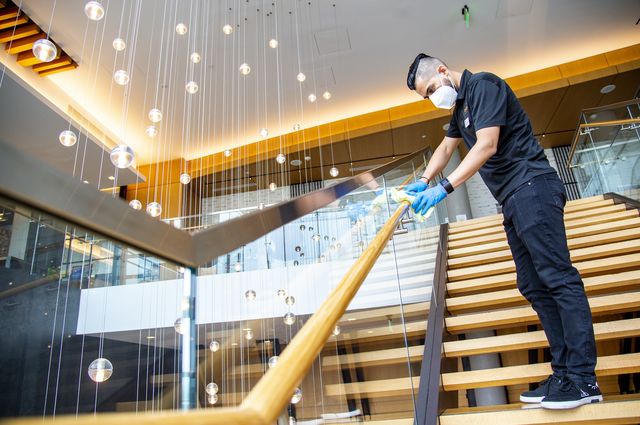Does the post-COVID era require a different skillset from housekeepers?
7 experts shared their view
The prominence of the housekeeping function has seen a revival in recent years. While its contribution was underappreciated for many decades, there has been a recent awakening to the department's significant impact on shaping the guest experience and the positive impact a well-managed team can have on the hotel's bottom line. Hotel schools now teach housekeeping management again, the hotel leaders are tuning in to the team and management talent is injected.
This renewed management attention results in metrics and KPIs playing a growing role while the introduction of technology pushes many traditional managers to their limits.
With COVID-19 evolving the daily cleaning effort into an increasingly complex project management endeavour, and responsibility and accountability increasing exponentially in the face of increased liability, is the traditional housekeeping expertise still relevant or does the new world order require a different skillset from housekeepers?

This viewpoint is co-created with Optii Solutions Inc.
More information
Coronavirus is raising the stakes for hotels and housekeepers everywhere. To spur travel, our industry needs to not only promise cleanliness, but deliver on it, or there will be no industry. The knowledge and wisdom held by housekeeping professionals has never been more relevant, but it is no longer enough. Lapses in cleanliness will have tremendous costs and risks for hotels, so we need to raise our game.
Housekeeping professionals need to drive innovation in their areas to improve effectiveness and productivity - margins are under attack, so we need to figure out how to do more with less. They need to improve data literacy and look for ways such as systems, beacon technologies, or video analytics to measure traffic volumes, cleaning efficacy, and performance at an individual level for staff. They need to borrow tools and innovations from other industries such as the routine use of A3 swabs to measure cleanliness or the use of nanotechnologies to repel dirt and germs. Housekeepers should also embrace automation to help with key tasks such as floor scrubbing, vacuuming, or sanitizing. Finally, they need to market the work they have done to the public and their organizations. Cleaning used to be hidden, now it should be on display to reassure stakeholders. In addition, cleaning needs to be “tangibalized” through lighting, smell, visible sign-offs, and other cues that reassure the public that the hotel is fulfilling its promise of cleanliness.


